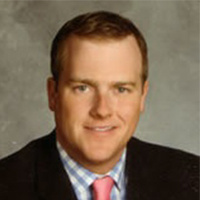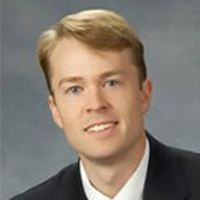Renick Criminal Lawyer, Missouri
Andrew Dean Popplewell
✓ VERIFIEDCriminal, Traffic, Personal Injury
Andrew Popplewell focuses his practice on DWI defense, general criminal defense, alcohol and drug offenses and traffic violations. Andrew grew up and ... (more)
Thad R. Mulholland
✓ VERIFIEDAccident & Injury, Workers' Compensation, Criminal
Thad Mulholland is an auto injury and auto and motorcycle accident lawyer at Eng and Woods in Columbia, MO. He is also a workers’ compensation lawye... (more)
Adam Dowling
✓ VERIFIEDCriminal, Personal Injury, DUI-DWI, Wrongful Death
Adam’s practice at Eng & Woods Attorneys at Law includes extensive specializations in the area of criminal law. He represents felony and misdemeanor... (more)
Michael R. Baker
Alcoholic Beverages, Alimony & Spousal Support, Apparel, Criminal, Medical Malpractice
Status: In Good Standing
FREE CONSULTATION
CONTACTFREE CONSULTATION
CONTACTJeffrey O. Parshall
Dispute Resolution, Arbitration, Criminal, Bad Faith Insurance, Slip & Fall Accident
Status: In Good Standing
Emily W. Little
Criminal, Civil Rights, Defamation & Slander, Dental Malpractice
Status: In Good Standing




